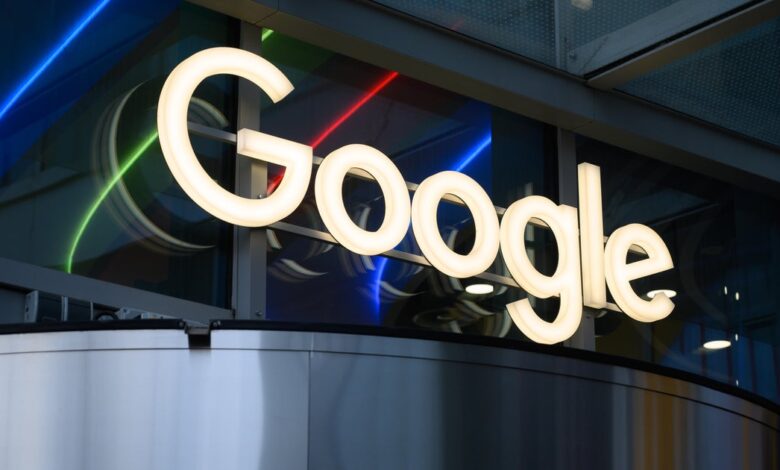Google’s digital ad network an illegal monopoly, federal judge rules

Google has once again found itself in hot water as a federal judge has branded the tech giant an abusive monopolist for the second time in less than a year. This time, the ruling by U.S. District Judge Leonie Brinkema in Virginia focuses on Google’s illegal exploitation of its online marketing technology to boost its already massive profits, currently fueling an internet empire worth $1.8 trillion.
The latest decision comes on the heels of a separate ruling in August that concluded Google’s search engine was illegally leveraging its dominance to stifle competition and innovation. The U.S. Justice Department had targeted Google’s digital advertising network in 2023, under President Joe Biden’s administration, in an effort to curb the power that Google has accumulated over the years.
The ruling by Judge Brinkema revolves around the marketing machine that Google has built around its search engine and other popular products like Chrome, YouTube, and digital maps. This system was largely constructed through a series of acquisitions, starting with the purchase of online ad specialist DoubleClick in 2008. These acquisitions, approved by regulators at the time, inadvertently gave Google the power to manipulate prices in the online advertising ecosystem, affecting both website publishers and advertisers.
The Justice Department argued that Google had established dominant market positions in key areas of online advertising technology, including ad space sales, ad placement technology, and ad exchanges. The evidence presented during a lengthy trial led Judge Brinkema to conclude that Google had indeed abused its power to stifle competition, particularly to the detriment of online publishers who rely on its network for revenue.
While the judge rebuked Google for its anticompetitive practices, she did not find the acquisitions of DoubleClick and Admeld to be anticompetitive in themselves. This finding may help Google in its efforts to avoid being forced to sell off its advertising technology as a remedy for its monopolistic behavior.
Google has stated that it will appeal the ruling, disagreeing with the court’s decision regarding its publisher tools. The company’s vice president of regulatory affairs emphasized that publishers choose Google for its simple, affordable, and effective ad tech tools.
Analysts had anticipated that Google would likely lose the case, causing Alphabet Inc., Google’s parent company, to see a 1% decline in its stock price. Despite the setbacks, Google and Alphabet continue to deny the Justice Department’s allegations, arguing that the market for advertising spending is highly competitive and includes other tech giants like Facebook, Amazon, Microsoft, and Comcast.
The case has highlighted the challenges faced by news publishers who rely on online advertising to fund their operations. With the government now seeking to dismantle Google’s ad system, the battle between regulators and tech giants is far from over. As the case continues to unfold, Google will undoubtedly fight to protect its market dominance while navigating the evolving landscape of digital advertising.





